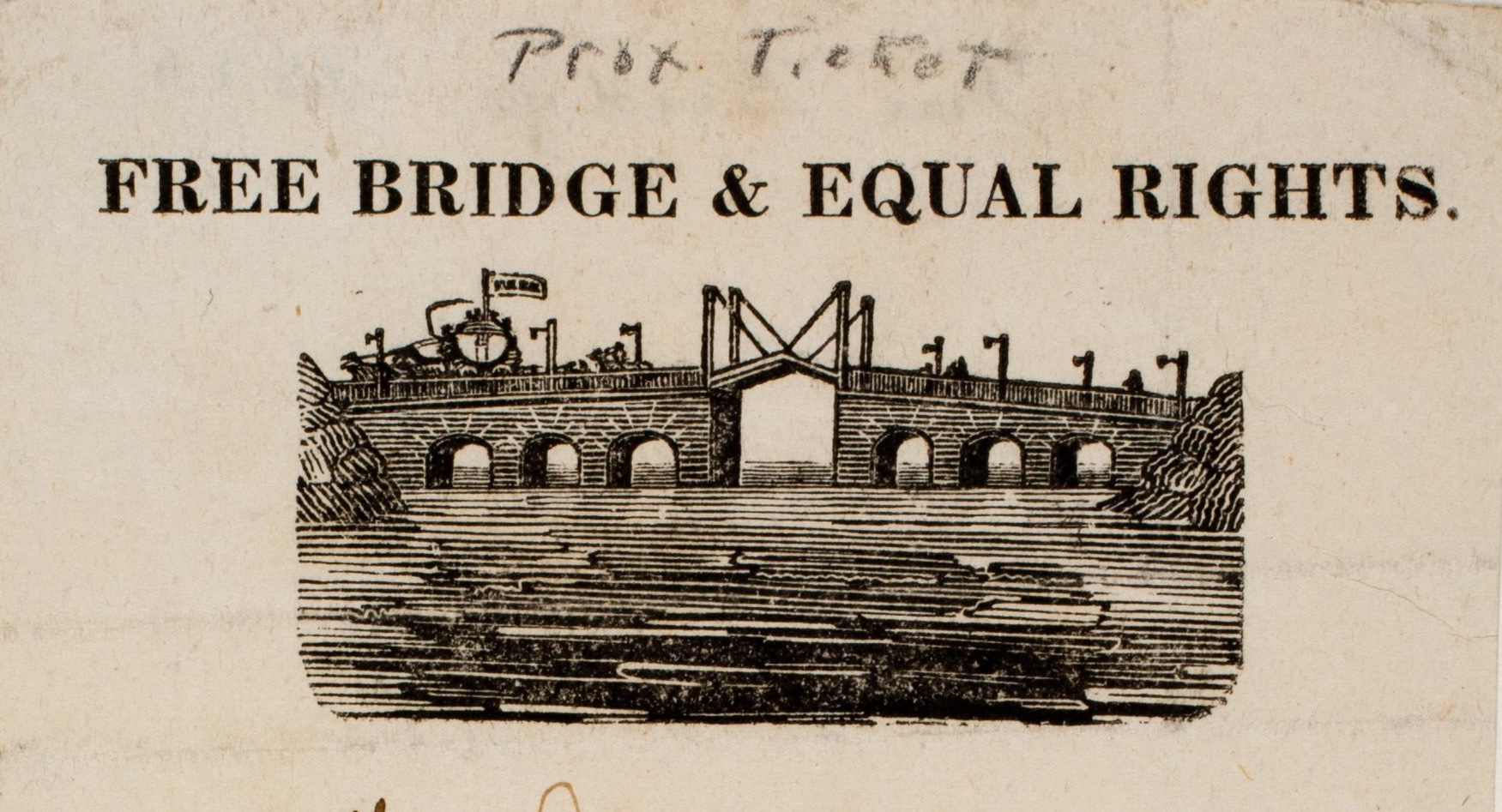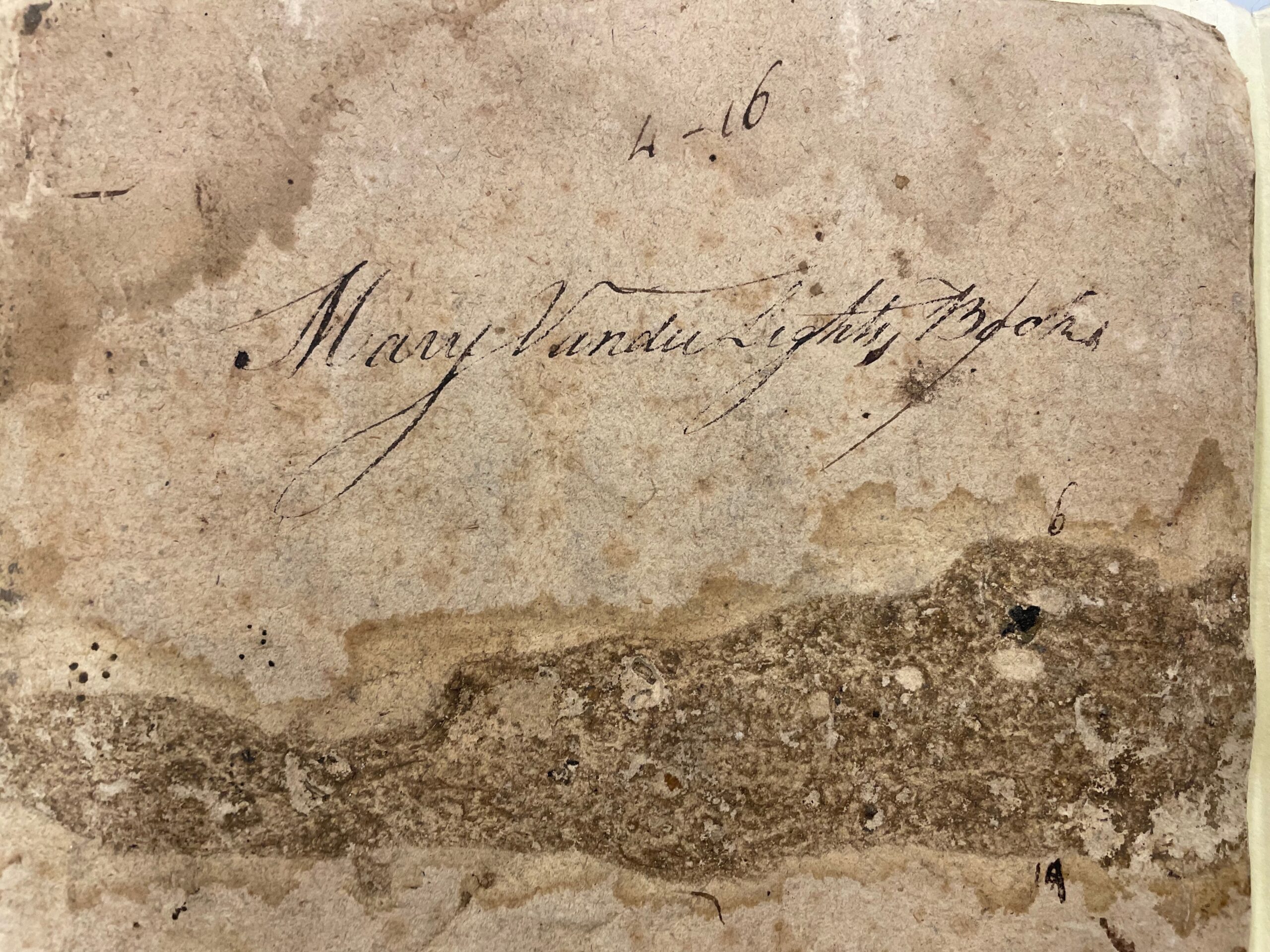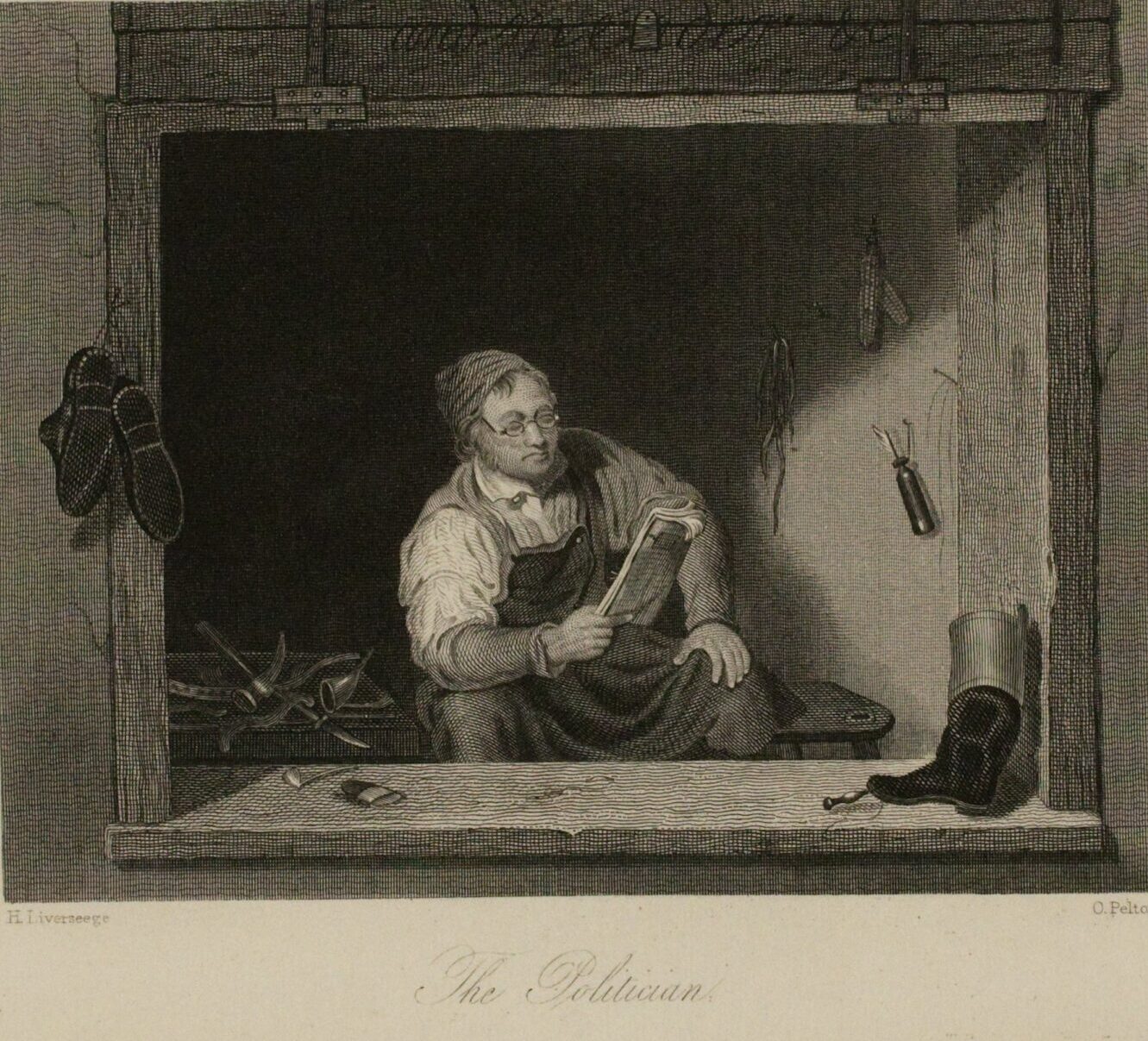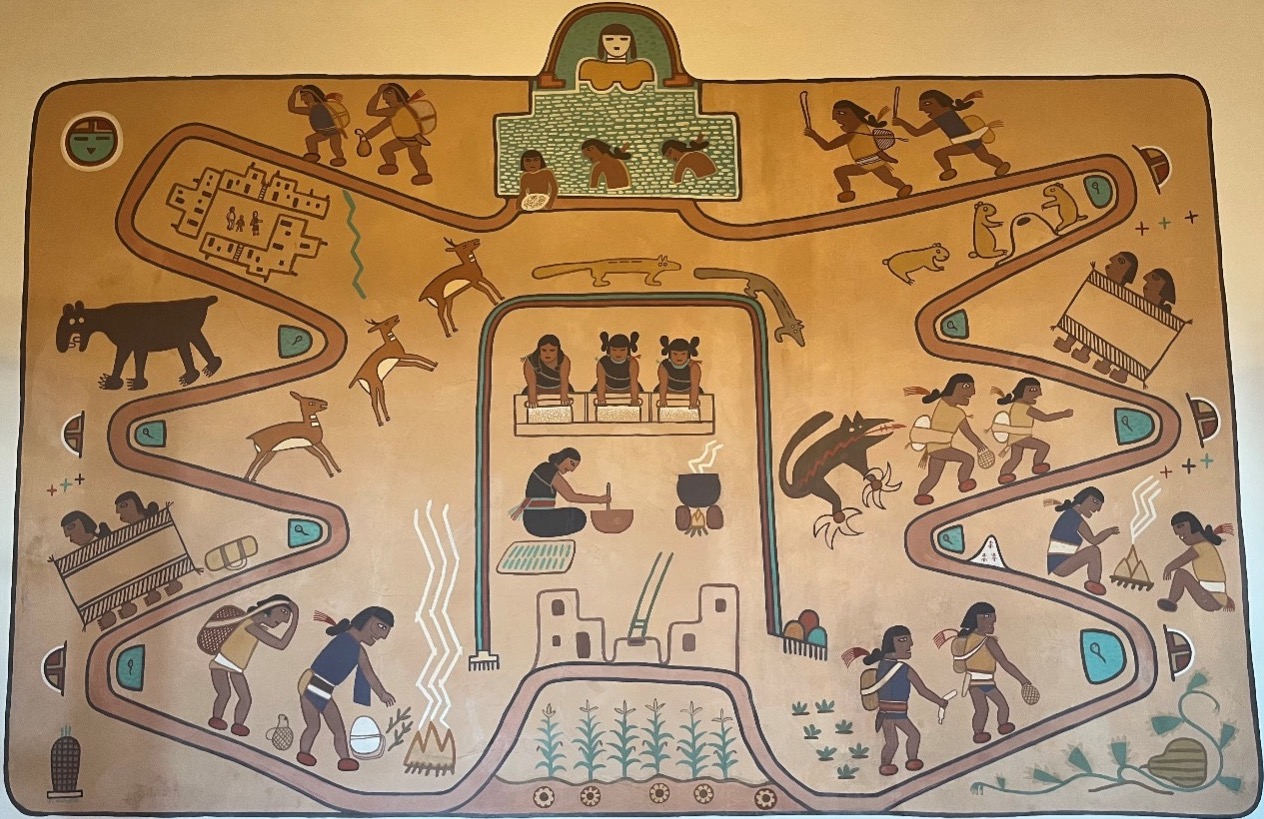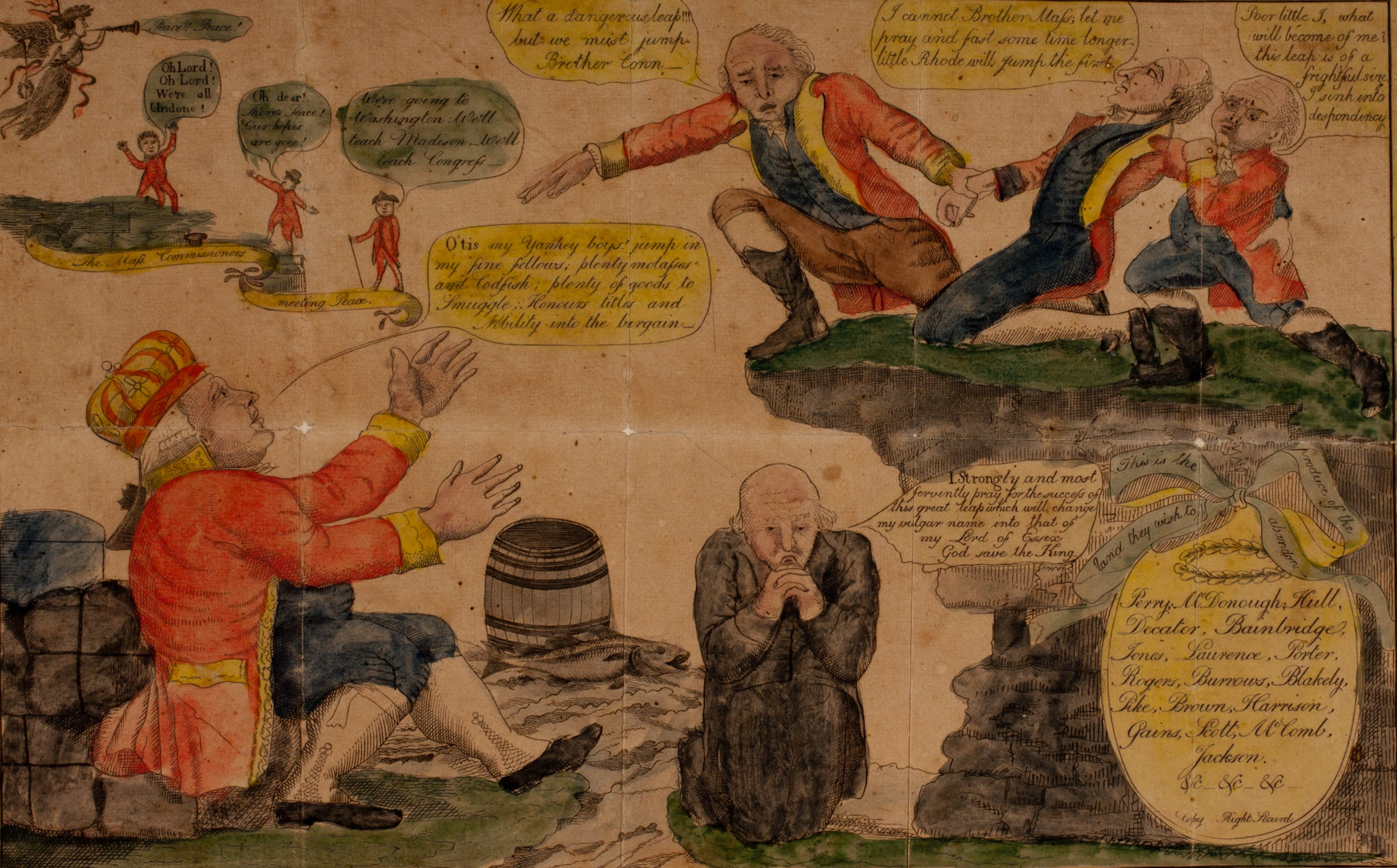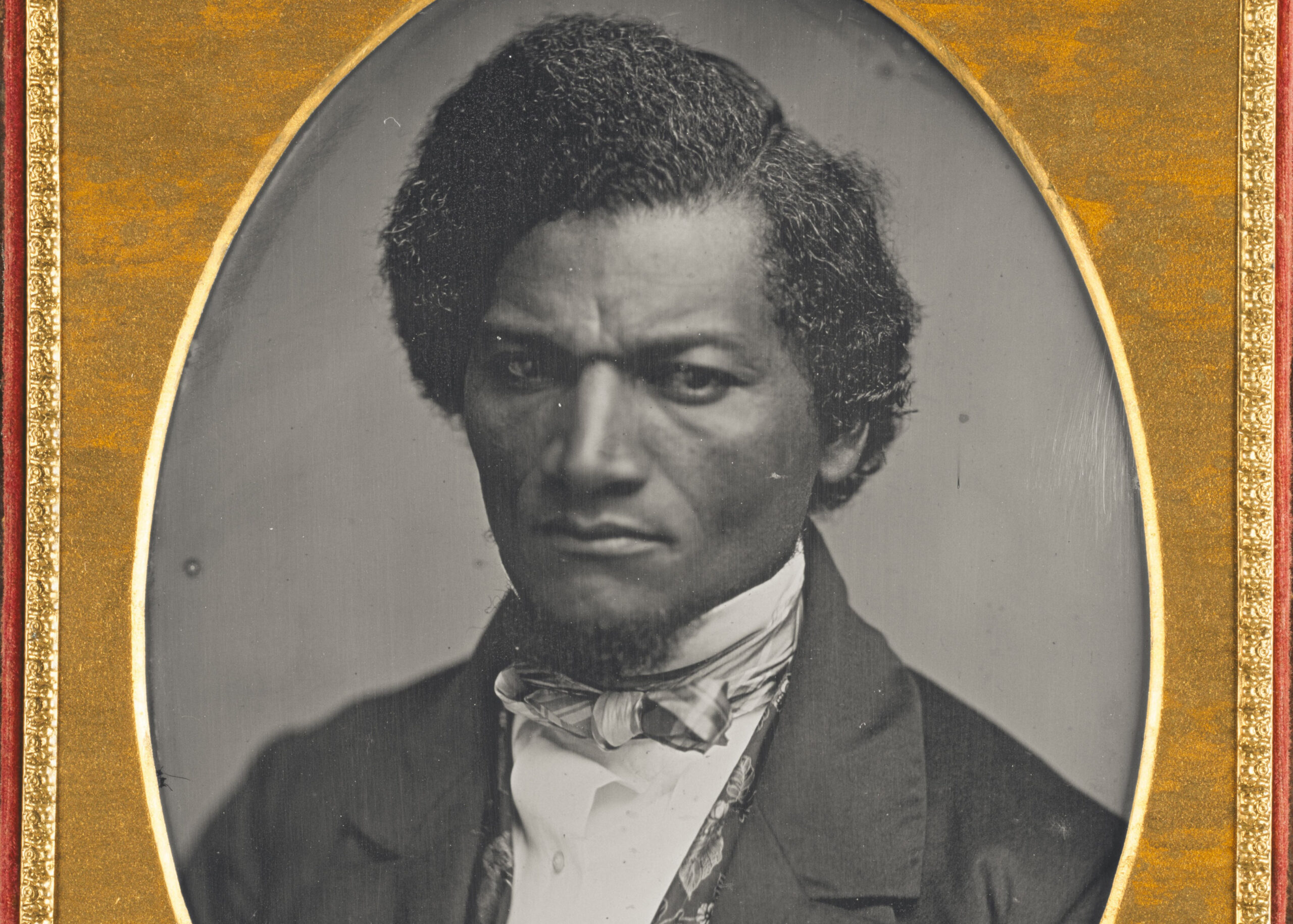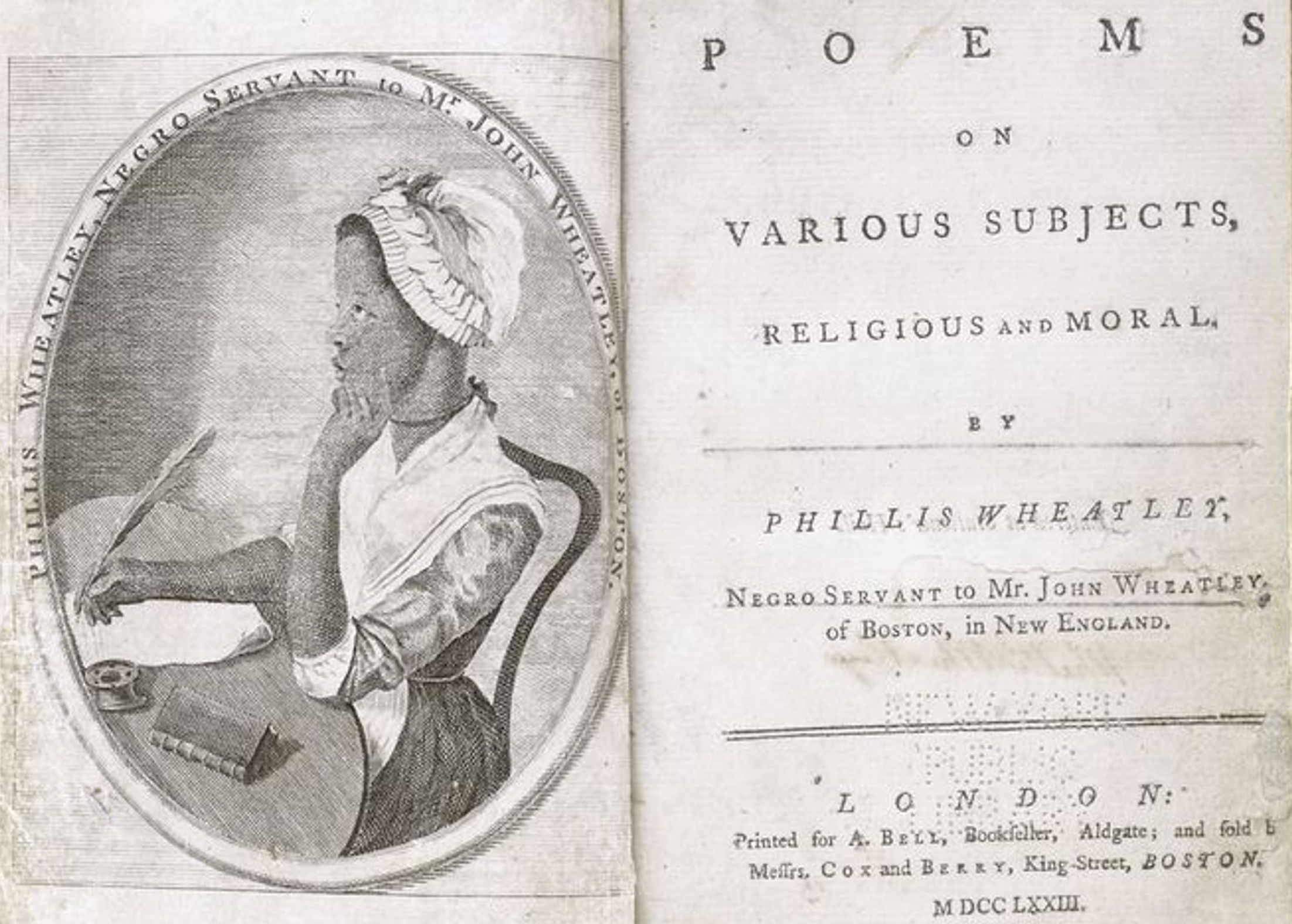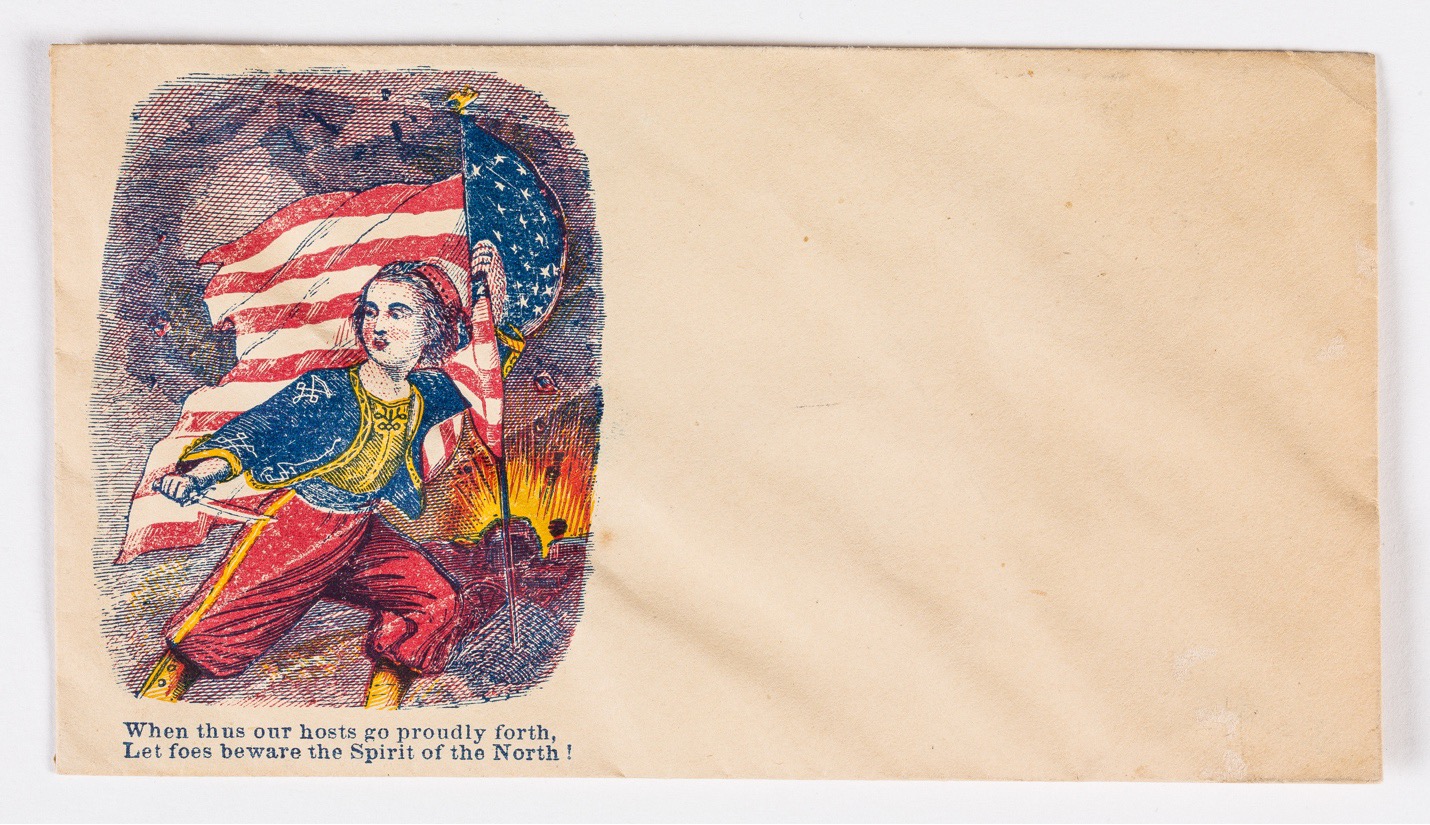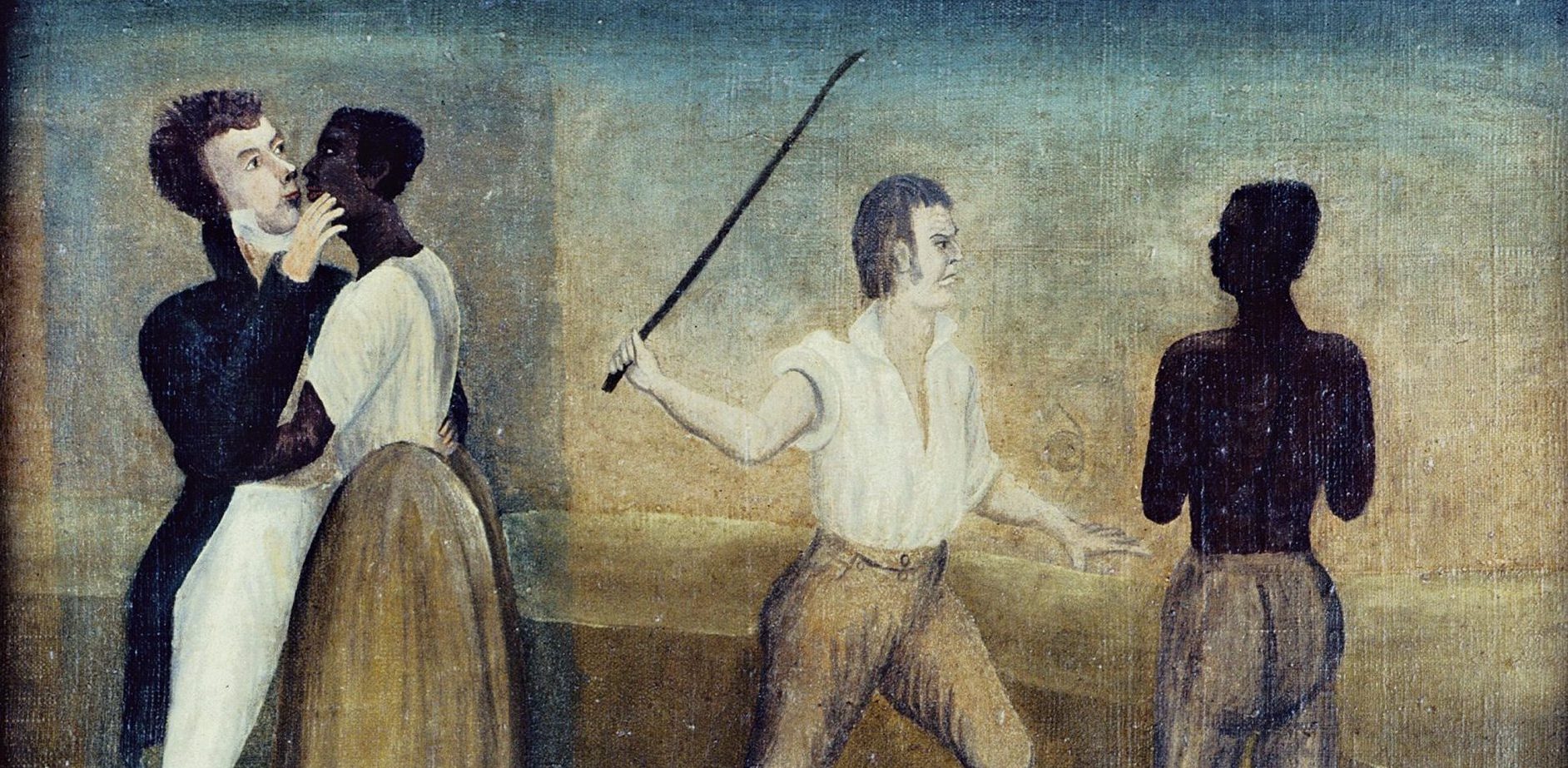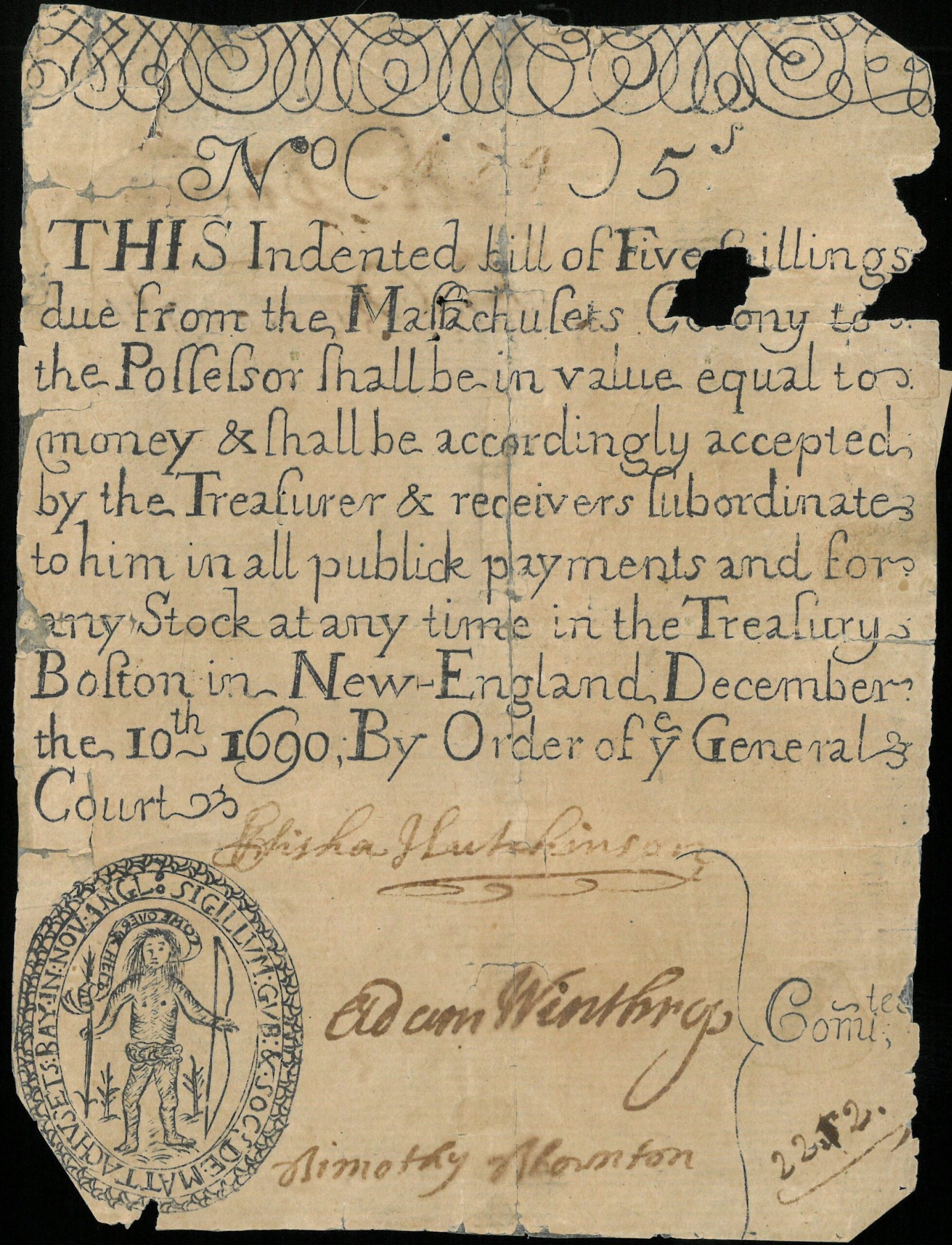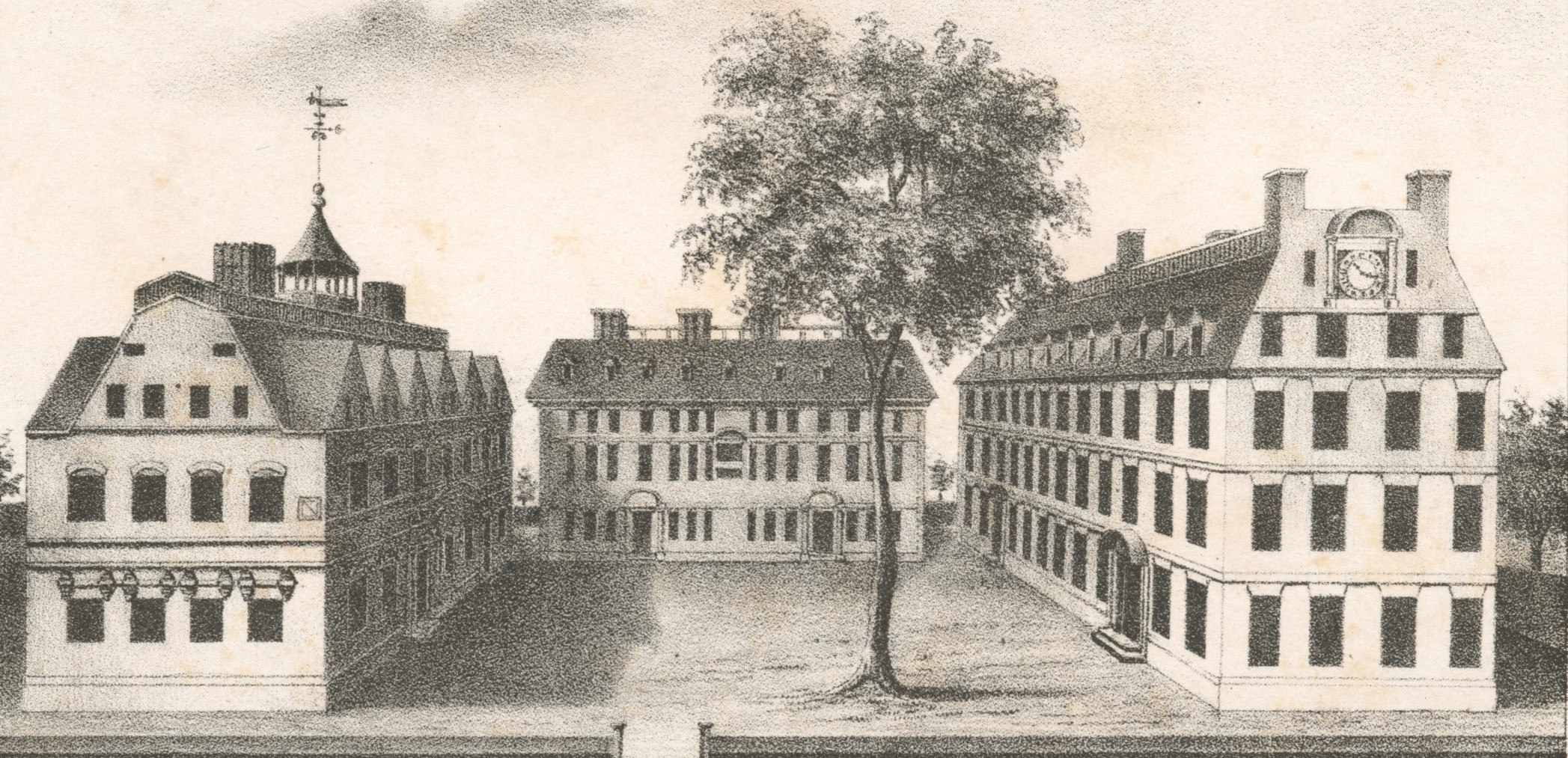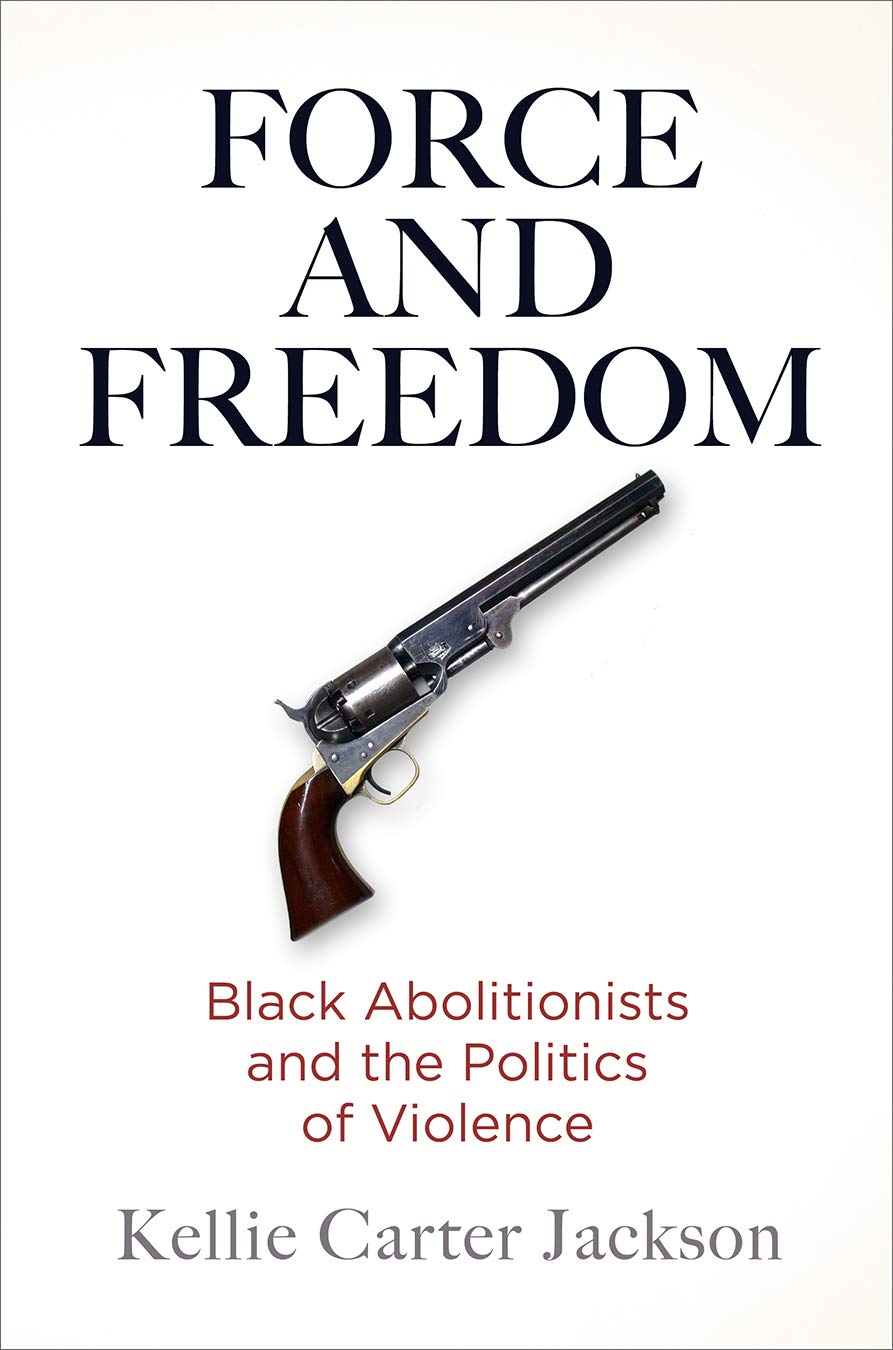Just as the 2016 presidential campaign enters the final, excruciating race to the finish line, Common-place once again takes a multi-faceted look at politics past, with a phalanx of timely feature articles and columns.
In “Beards, Bachelors, and Brides,” Thomas Balcerski analyzes the election of 1856 where attacks of a gendered and sexual nature figured large in the race pitting the bearded John Charles Fremont, married to the beautiful Jesse Benton Fremont, against the bachelor James Buchanan.
Daniel Peart provides us a revealing look into the long history of lobbying, while Matthew Mason focuses on Edward Everett and his reaction to the Fugitive Slave Act to reveal the plight of political moderates in times of political polarization.
Richard D. Brown reminds us that, historically, political suffrage and citizenship in this country were not always coupled, and in “House of Cards,” Merry Ellen Scofield describes the politics of Washington’s very first social media – the calling card.
Endrina Tay provides a new interpretation of the motives behind Thomas Jefferson’s sale of his private library to Congress after the burning of the Capitol, while John Craig Hammond provides a thoughtful examination of the Constitution’s framers’ original intentions regarding slavery in the United States.
In our latest Common School column, Erik Chaput describes a student project analyzing Frederick Douglass’s changing, and diametrically opposed, views regarding the Constitution’s position on slavery. In Tales From the Vault, Whitney Martinko traces the origins and significance of a painting of Philadelphia’s Market Street that has long hung in the United States Portrait Gallery in Philadelphia. Finally, this issue’s Web Library presents a roundtable discussion about the current status of graduate training and digital history.
Even our book reviews focus on past politics, covering new books about James Madison’s journal accounts of the Constitutional Convention; Sarah Vowell’s thoughts on the Marquis de Lafayette; the egalitarian ideals of the Republican Party; and the not-so-corrupt bargain that determined the outcome of the 1824 presidential election.
We hope you enjoy this special issue, which is the latest addition to a history of political issues launched by Common-place during pivotal Presidential election years. For even more Early American political insight, be sure to visit our Politics Issues from 2008 (Issue 9.1) and Political Histories issue from 2012 (Issue 12.3).
Of course, Common-place firmly believes it wouldn’t be a true American election cycle without some sort of October surprise – so be sure to revisit commonplace.online in a few weeks to see what other pieces of American political history might turn up!
– The Editors
This article originally appeared in issue 16.4 (September, 2016).
Anna Mae Duane (Associate Professor of English and American Studies, University of Connecticut) and Walter Woodward (Associate Professor of History, University of Connecticut) are co-editors of Common-place.






